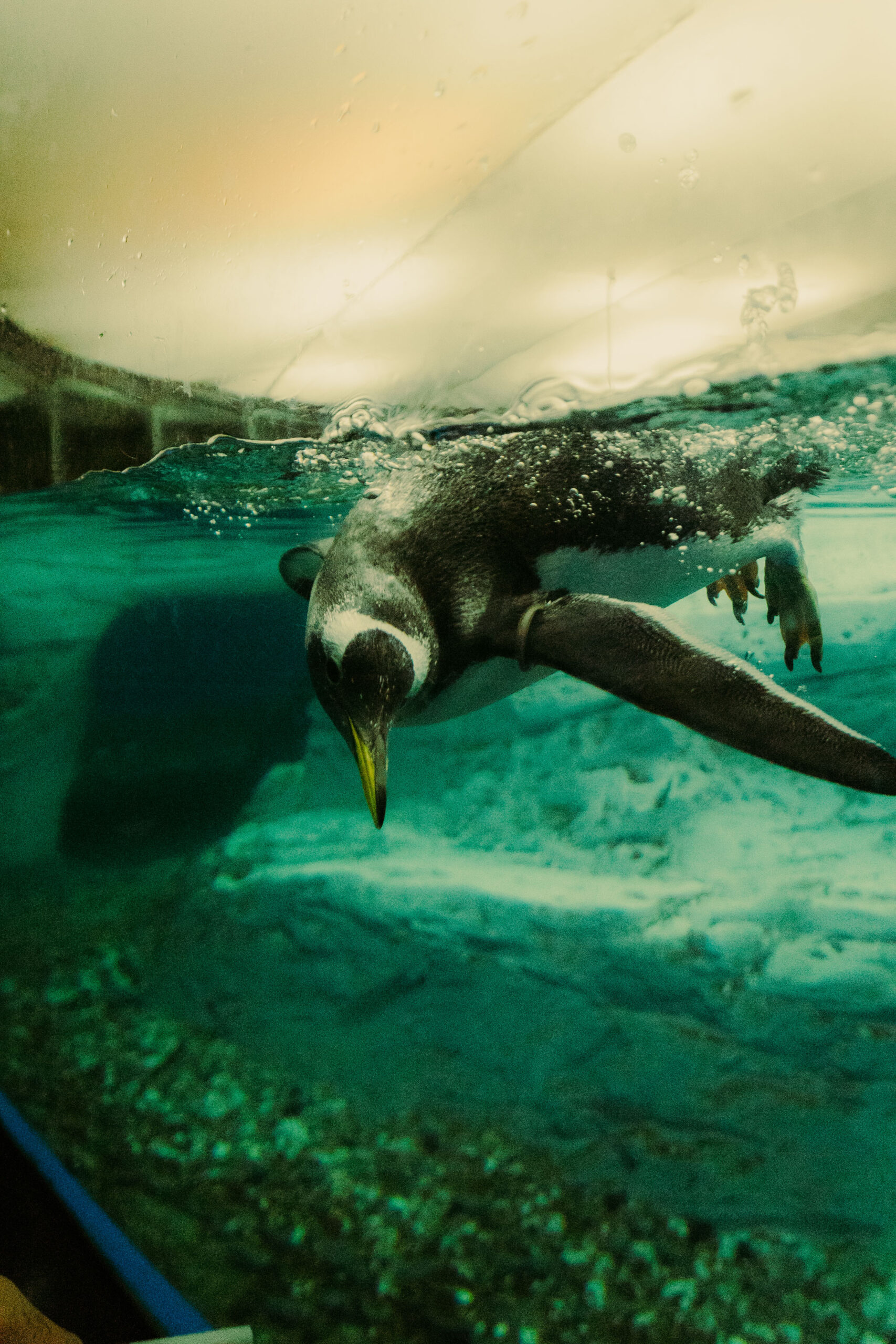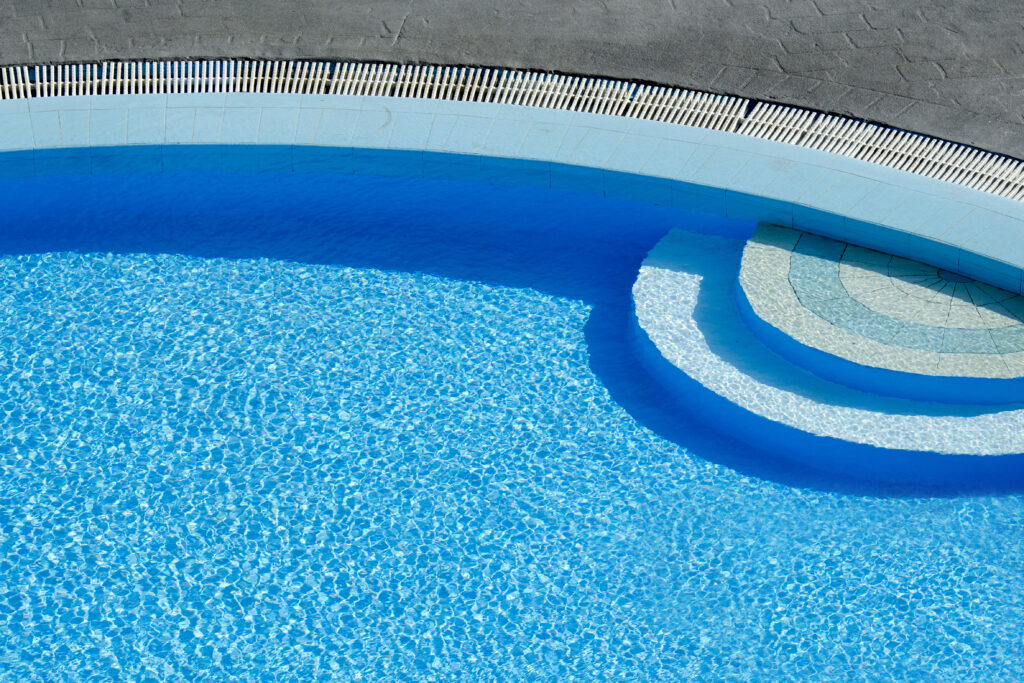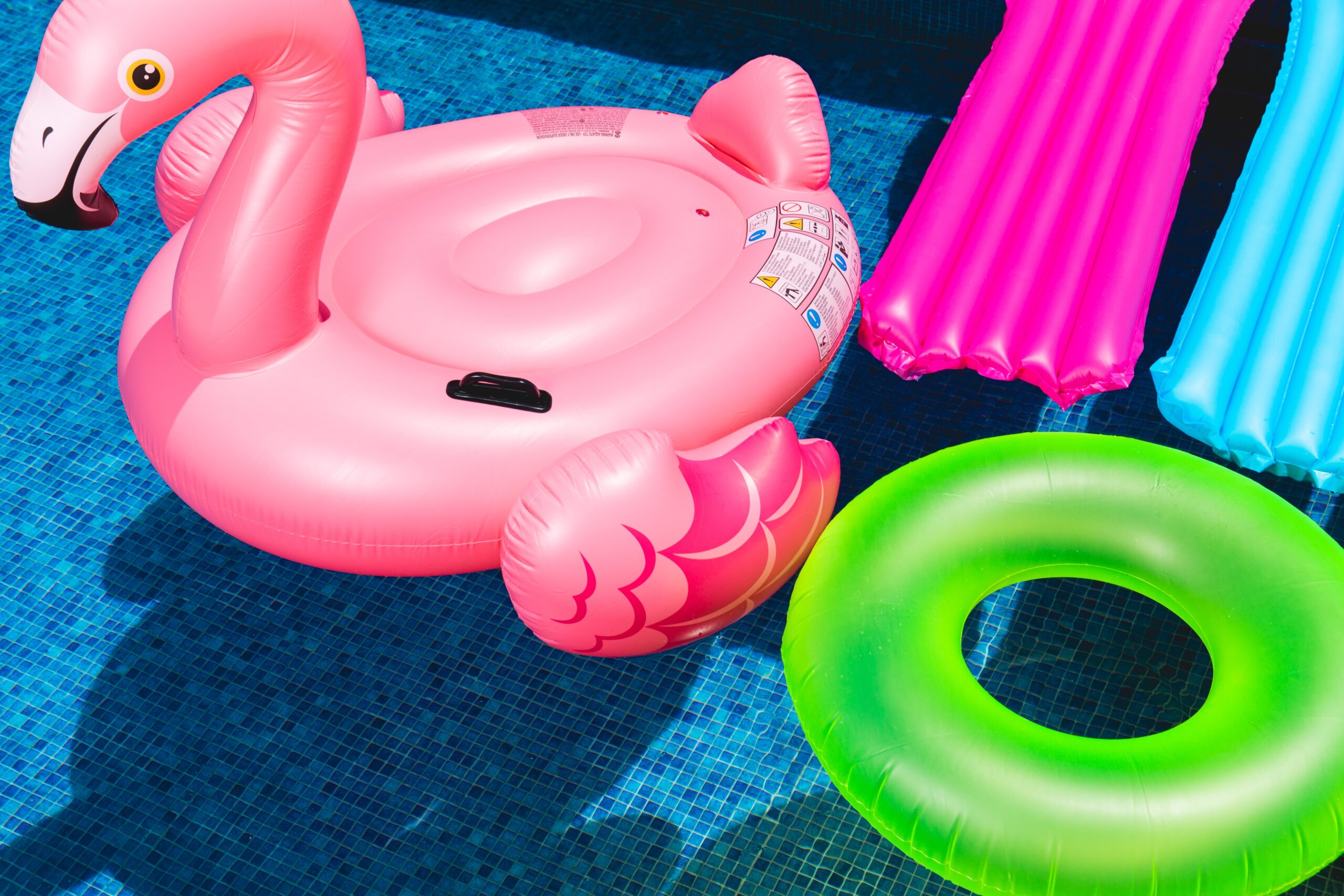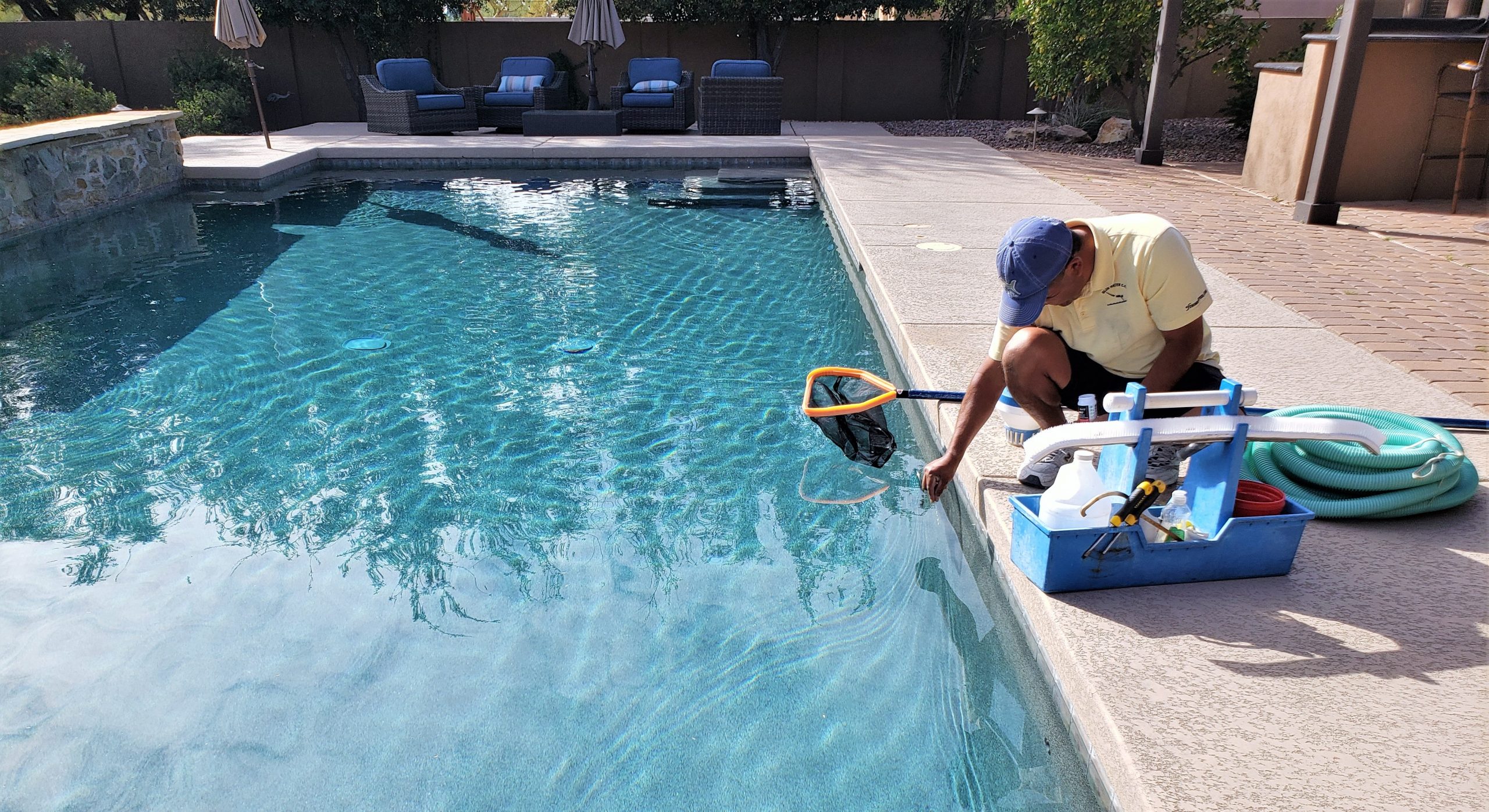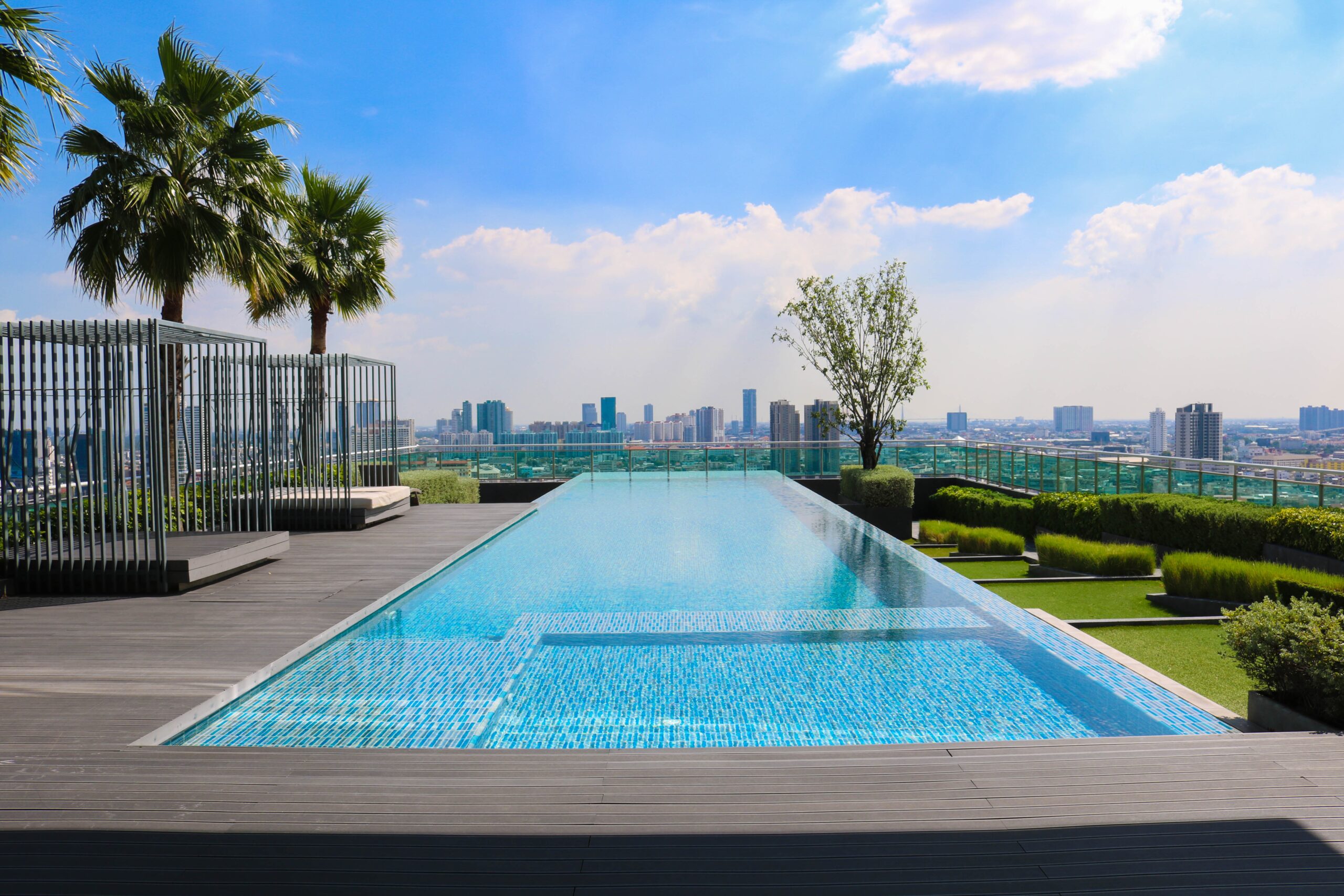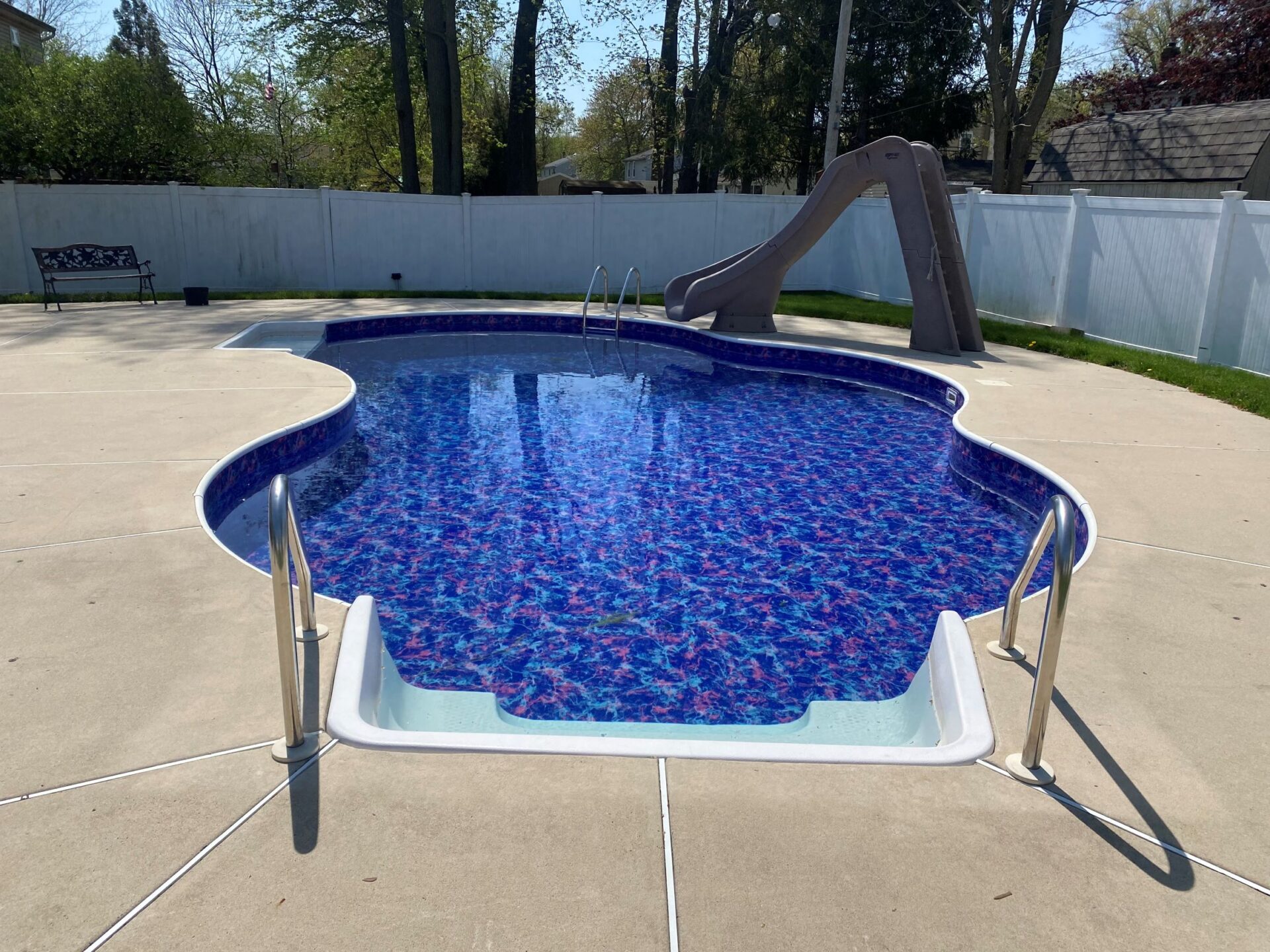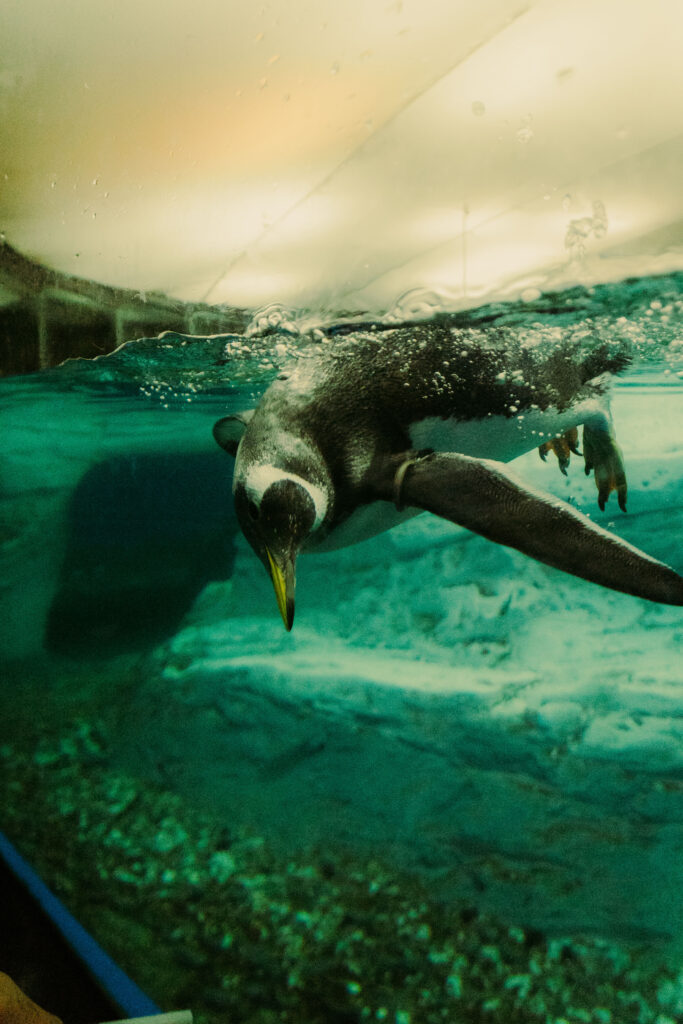If you’re a proud owner of an above-ground pool, you might find yourself wondering how many hours a day you should run it. This article aims to provide you with the guidance you need to keep your pool clean and well-maintained, ensuring you maximize your enjoyment throughout the summer season. Let’s explore the factors to consider when determining the ideal duration for running your above-ground pool.
This image is property of images.pexels.com.
Factors To Consider
When determining how many hours a day your above-ground pool should run, there are several factors that you need to take into consideration. By understanding these factors and their impact on your pool, you can make an informed decision about the optimal running time for your pool.
Pool Size
The size of your above-ground pool is an important factor to consider when determining how many hours a day it should run. The larger the pool, the longer it will take for the water to circulate and for the filtration system to adequately clean the water. Smaller pools may require less running time, while larger pools may need to run for longer periods.
Determining the Gallons
To accurately determine the size of your above-ground pool, it is essential to calculate the number of gallons it holds. This information can usually be found in the pool’s manual or by contacting the manufacturer. Knowing the number of gallons in your pool will help you determine the appropriate running time.
Calculating Turnover Rate
The turnover rate refers to the amount of time it takes for the entire volume of water in your pool to pass through the filtration system. A general guideline is to aim for a turnover rate of 8-12 hours. This means that all the water in your pool should be filtered within this time frame. To calculate the turnover rate, divide the total gallons in your pool by the flow rate of your filtration system.
Temperature and Climate
The temperature and climate in which your above-ground pool is located can also impact the running time. Different temperature and climate conditions require varying levels of filtration and circulation to maintain optimal water quality.
Hot and Humid Regions
In hot and humid regions, the warm weather and increased humidity can lead to faster algae and bacteria growth in your pool. Therefore, it is important to ensure adequate filtration and circulation to prevent these issues. Running your pool for longer periods, such as 10-12 hours a day, may be necessary in these regions.
Moderate Climates
In moderate climates, where the temperature and humidity levels are more balanced, you may be able to run your pool for around 8-10 hours a day. However, it is still crucial to monitor the water quality regularly and adjust the running time as needed.
Cold and Freezing Climates
In cold and freezing climates, when the pool is not in use, you may be able to reduce the running time significantly. It is important to keep the water circulating during these periods to prevent freezing and damage to your pool. A running time of 4-6 hours a day is typically sufficient in these climates.
Usage Frequency
The frequency at which you use your above-ground pool also plays a role in determining the running time. The more often the pool is used, the more it will require filtration and circulation to maintain water quality.
Regular Daily Use
If you use your pool on a daily basis, especially during peak swimming seasons, you will need to run the pool for longer periods. Aim for a running time of 8-12 hours a day to ensure optimal water quality and safety for swimmers.
Occasional Use
If your above-ground pool is only used occasionally or during certain times of the year, you may not need to run it for as long. A running time of 6-8 hours a day may be sufficient to maintain water clarity and cleanliness.
Party or Event Scenarios
When hosting parties or events where the pool will see increased usage, it is recommended to run the pool for longer periods. The additional swimmers and potential introduction of contaminants may require extra filtration and circulation. Consider running the pool for 12-14 hours a day during these scenarios.
Filtration System
The type of filtration system you have installed in your above-ground pool will also impact the running time. Different filter types and flow rates require varying running times to effectively clean the water.
Type of Filter
There are three main types of filters commonly used in above-ground pools: sand, cartridge, and diatomaceous earth (DE) filters. Each filter type has its own recommended running time to achieve optimal results.
-
Sand filters typically require longer running times, ranging from 8-12 hours a day. These filters need more time to trap and remove debris from the pool water.
-
Cartridge filters are known for their finer filtration capabilities and can effectively clean the water with a running time of 6-8 hours a day.
-
DE filters offer the highest level of filtration but also require more maintenance. Running your DE filter for 6-8 hours a day should be sufficient for proper water cleanliness.
Flow Rate
The flow rate of your filtration system is another important consideration when determining the running time. The flow rate refers to how quickly the water is circulated and filtered through the system. It is measured in gallons per minute (GPM).
To determine the appropriate running time based on the flow rate, divide the total gallons in your pool by the flow rate. For example, if your pool has a flow rate of 50 GPM and holds 10,000 gallons of water, the running time would be 4 hours (10,000 gallons divided by 50 GPM).
Manufacturer’s Recommendations
To ensure optimal performance and longevity of your filtration system, it is recommended to follow the manufacturer’s recommendations regarding running time. The manufacturer will provide guidelines specific to your filter type and model, taking into account factors such as pool size and flow rate.
Chemical Levels
Maintaining balanced pH and sanitizer levels in your above-ground pool is crucial for water clarity, swimmer comfort, and safety. The running time of your pool can impact the effectiveness of chemicals in maintaining these levels.
Balanced pH and Sanitizer Levels
To ensure proper chemical distribution and effectiveness, it is recommended to run your pool during daylight hours when the sun’s UV rays can help activate and maintain the efficacy of sanitizers, such as chlorine. Running your pool for at least 6-8 hours during the day can help optimize chemical levels and prevent issues such as algae growth or cloudy water.
Recommended Running Time
Based on the factors mentioned above, there are some general guidelines to consider when determining the recommended running time for your above-ground pool.
Typical Guideline
As a starting point, a running time of 8-10 hours a day is a good baseline for most above-ground pools. This duration allows for adequate filtration, circulation, and chemical distribution.
Adjustments Based on Factors
However, it is essential to adjust the running time based on the specific factors mentioned earlier. For example, if you have a larger pool, live in a hot and humid region, or use your pool frequently, you may need to increase the running time to 10-12 hours a day or more. Conversely, if you have a smaller pool, live in a cold climate, or use your pool infrequently, you can reduce the running time to 6-8 hours a day.
Additionally, it is important to regularly monitor the water quality and make adjustments as needed. If you notice issues such as algae growth, cloudy water, or poor water circulation, increasing the running time temporarily may help resolve these problems.
Potential Issues
Understanding and addressing potential issues that can arise in your above-ground pool is crucial for maintaining optimal water quality. Here are some common problems and their impact on your pool’s running time.
Algae Growth
Algae growth can occur in your pool if the filtration and circulation are insufficient to combat its growth. If you notice algae growth, it is important to increase the running time and ensure proper chemical balance. Running your pool for 12-14 hours a day during periods of algae growth can help eliminate the problem.
Cloudy Water
Cloudy water is often a result of poor filtration and inadequate circulation. If your pool water appears cloudy, it is recommended to increase the running time to improve water clarity. Aim for 10-12 hours a day until the water clears up.
Poor Water Circulation
Insufficient water circulation can lead to a variety of pool problems, including stagnant water, uneven chemical distribution, and increased likelihood of algae and bacteria growth. To improve water circulation, increase the running time and consider adjusting the position of the return jets to promote better flow throughout the pool.
Efficiency and Energy Savings
While it is important to maintain an adequate running time for your above-ground pool, there are ways to maximize efficiency and save energy.
Pool Timer
Installing a pool timer can help automate the running time of your pool and ensure that it operates during the most optimal periods. By setting the timer to turn on and off at specific times, you can avoid running the pool when it is not in use, saving energy and reducing costs.
Variable Speed Pumps
Investing in a variable speed pump can significantly improve energy efficiency in your above-ground pool. These pumps allow you to adjust the flow rate and running time, providing the flexibility to meet your pool’s specific needs while conserving energy. Variable speed pumps can also help reduce operating costs in the long run.
Pool Cover Usage
Using a pool cover when your above-ground pool is not in use can help prevent debris from entering the water, reducing the workload on the filtration system. By minimizing the build-up of debris, you can potentially reduce the running time of your pool and save energy.
This image is property of images.pexels.com.
Consulting a Professional
If you are unsure about the optimal running time for your above-ground pool or if you are experiencing persistent issues, it is always a good idea to consult a pool professional or the manufacturer for guidance and support.
Pool Experts
Pool experts have extensive knowledge and experience in maintaining and troubleshooting above-ground pools. They can assess your specific pool setup, consider the local climate, and provide personalized recommendations for the running time and other maintenance aspects.
Manufacturer’s Support
The manufacturer of your pool or filtration system is another valuable resource for information and support. They can provide guidance regarding the recommended running time based on your specific equipment and assist with troubleshooting any issues you may encounter.
In conclusion, determining the appropriate running time for your above-ground pool requires considering various factors such as pool size, temperature and climate, usage frequency, filtration system, and chemical levels. By understanding these factors and their impact on water quality, you can establish a running time that ensures optimal cleanliness, clarity, and swimmer safety. Additionally, incorporating energy-saving measures such as pool timers, variable speed pumps, and pool covers can help maximize efficiency and reduce operating costs. Should you have any doubts or persistent issues, consulting a pool professional or the manufacturer can provide expert guidance and support. With the right running time and maintenance practices, you can enjoy a clean and inviting above-ground pool all season long.
